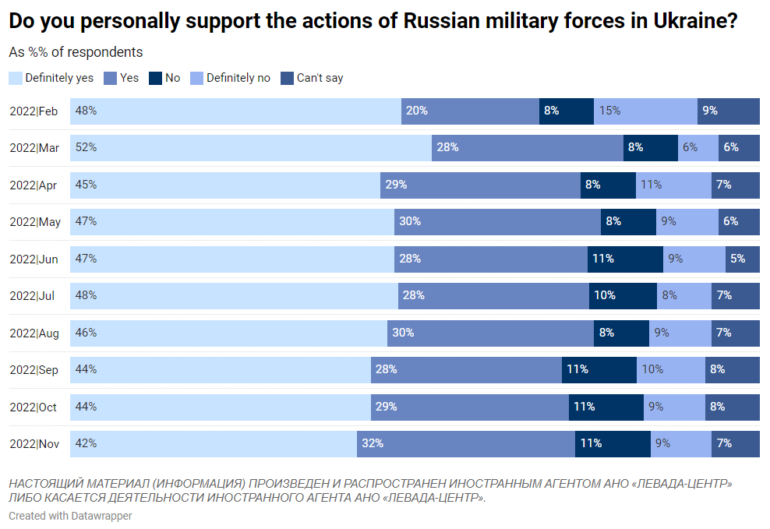I was on campus when my grandmother called from Ukraine telling me about another air raid alarm that woke her up in the middle of the night. I tried to calm her down but the fear and panic started growing inside me.
Then, I heard the explosion.
Freezing in the middle of the corridor, I only had one thought: “I can’t lose her.” I pressed the phone close to my ear trying to catch any sounds of my grandmother hoping she is alive.
Those silent seconds became an eternity. Finally, she replied to me saying a Russian missile hit the church located on the next street. Fortunately, my grandmother’s home had not been affected.
Then, she told me she hates Russia.
My grandmother was born and raised in Orenburg, a city in southwestern Russia. She immigrated with my grandfather to Ukraine when they were both 23, building their own family in another country, but they continued to visit relatives in Russia.
I had lots of summer trips with my grandparents to Russia remembering this time as the best one in my childhood. There was no talk about nationalities, languages, or geographical borders. We respected each other. We were close.
My great-grandparents from Russia, whom I was lucky to meet, always told me that the Second World War was a nightmare they’re glad to leave it only in their memories. They told me they were happy that I don’t have the same experience.
But that changed on Feb. 24, 2023. That was the first day of the full-scale Russian invasion of Ukraine. Our family members from Russia started to call. Some of them said that they were sorry and never called again.
Others pretend that nothing was happening being afraid that the Russian government could listen to their calls.
But there was one call that shocked me the most.
My grandmother’s twin, who visited Ukraine to spend time with my family and talk about the beauty and hospitality of Ukrainians, said Vladimir Putin, the president of Russia, is a hero who wants to release Ukrainians from the nationalists. She believed in every word said on Russian TV channels – language restrictions, persecution of Russians by the Ukrainian government, and even the creation of coronavirus in Ukrainian laboratories.
According to the Levada Center, a non-governmental polling organization, around 75 per cent of Russians supported the actions of Russian military forces in Ukraine last year.

Levada Center's poll interviewed more than 1500 people to get the number of those who supported Russian military forces in Ukraine last year. Photo credit: Courtesy of Levada Center
Global Affairs of Canada regularly publishes facts against Russian disinformation on its website.
When my grandmother calls her sister to talk about missiles and civilians who died from them, she doesn’t believe it saying we were deceived by Hollywood-made videos with special effects. They are still talking to each other but not as often as it was before.
Once my family was close despite geography. Right now our citizenship determines the tone of our communication.

